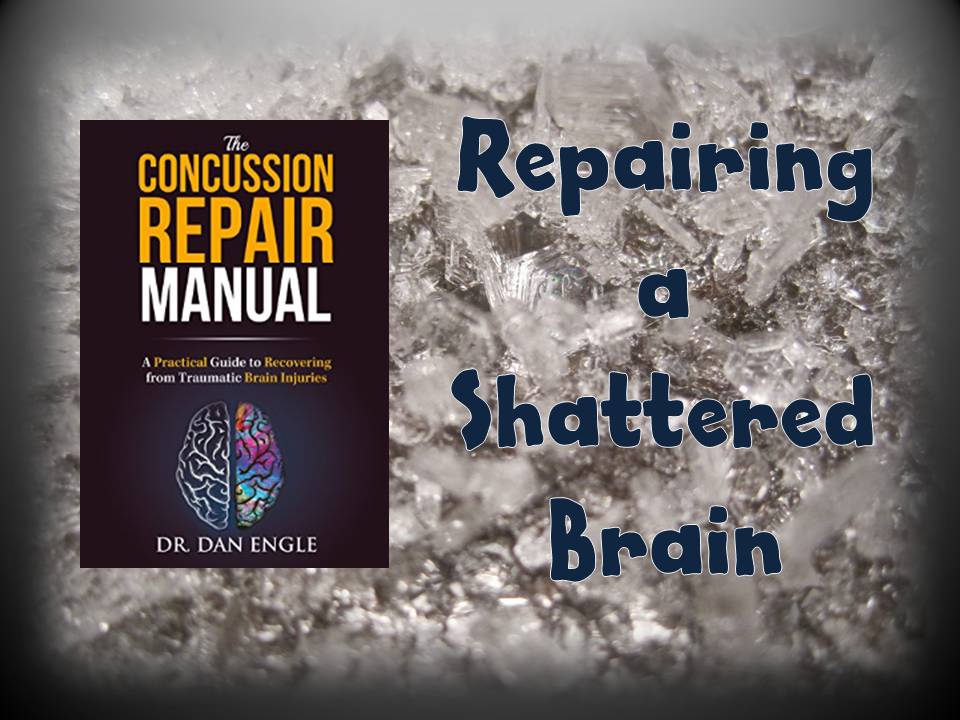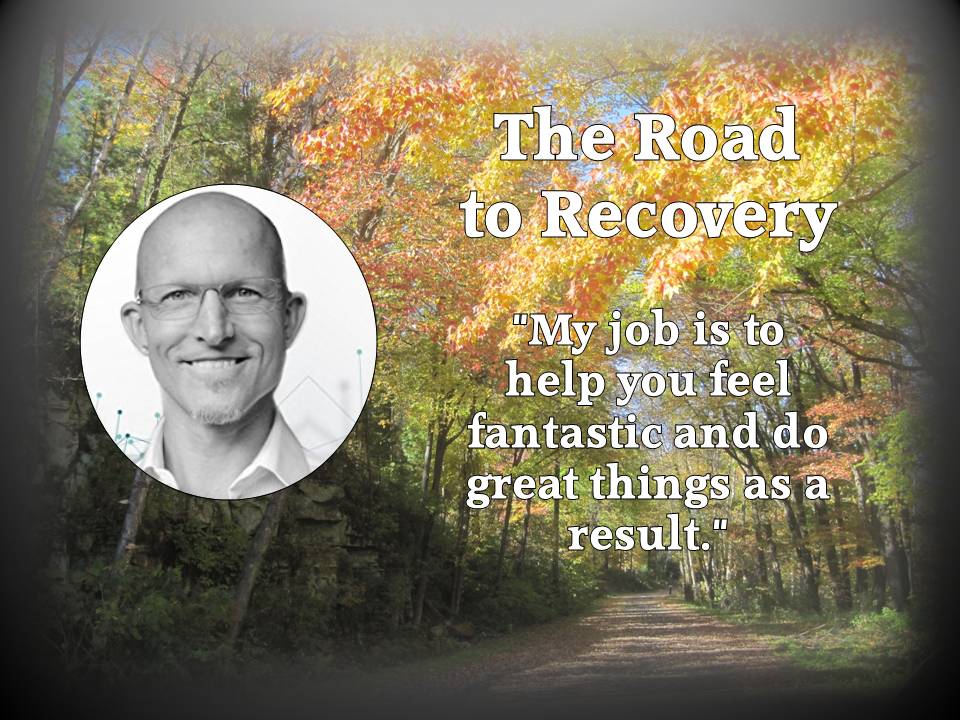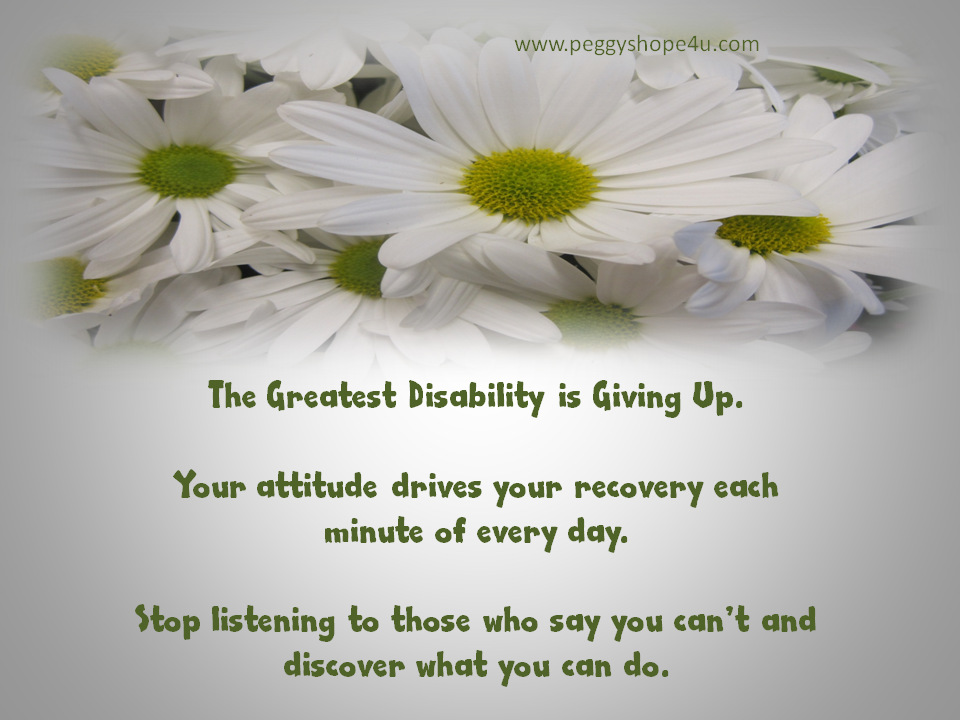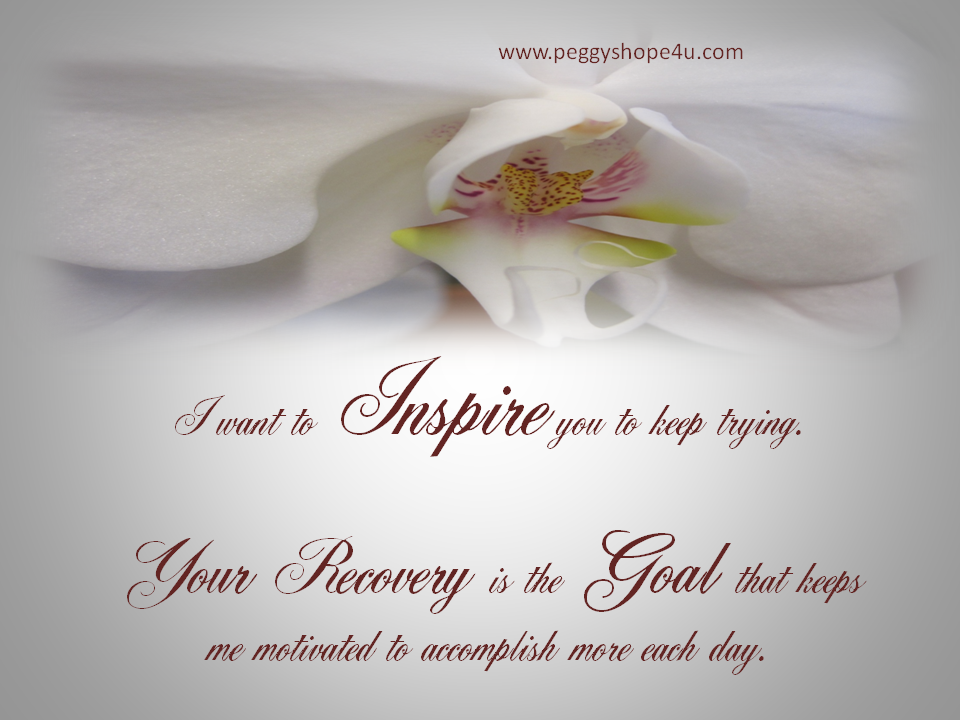
A TBI Can Cripple Your Brain
I struggled for three years with the neurologists and other specialists who were convinced my TBI prevented me from living a healthy life. They tried to convince me I could never work again, and it was time to sign up for disability benefits. As I began to read Dr. Engle’s book, I finally understood why all those brilliant physicians in the early 1980’s believed they needed to prescribe meds. They did it to hide my symptoms rather than listen to me and attempt to unravel the underlying and seemingly unrelated symptoms I struggled with after a truck crossed the center line and hit my car head-on.
Like Dr. Engle, I sought out specialists in chiropractic, naturopaths, homeopaths, biofeedback, acupuncture, and modality to try to put Humpty-Dumpty back together again. What I have learned through experience and through reading this manual is that each of us is unique. A TBI is a struggle you will face for years to come. I understand my TBI can raise its ugly head when I’m stressed or over-tired. Only recently, I discovered I could type words perfectly backward, just like my words come out backward when I’m stressed. (Under normal conditions, I couldn’t do that if I tried.)

I Highly Recommend This Book
As someone who suffered for more years than was necessary, I highly recommend this book. Learn to adapt what works and pass over those things that don’t. As a TBI patient, you are now Sherlock Holmes in your discovery of the best path to regain the life you enjoyed before the injury. Is it easy? No! Is it worth it? Absolutely! Your life and future depend on you. You have the power to improve it every day.
The practitioner supported therapies in the book provide a selection of possibilities to help you mitigate your pain and improve your life. My success in recovery came from doing the research and applying those strategies that worked best in my situation. Dr. Engle helps you navigate through the difficulties following a TBI.
Dr. Engle states in the book:
“Neuro-cognitive deficits are common after TBI and vary based on the location, type, and severity of the injury. Impairments following TBI can arise in attention, working memory, executive functioning, information processing speed, and long-term memory. Impairments in cognition can be due to many of the aforementioned underlying neurobiological such as diffuse axonal injury, inflammation, and mitochondrial dysfunction. Neurocognitive deficits may be some of the most sustaining attention while reading, planning a daily schedule, finding the correct words in conversation, remembering people’s names or organizing personal items may be extraordinarily difficult, and frustration over one’s cognitive limitations only exacerbates co-occurring psychiatric symptoms. Typically these cognitive difficulties resolve (or at least significantly improve) over time, but many will persist indefinitely and continue to hinder the functional experience and quality of one’s life.”
I’ve suffered from each of those effects. Being unable to remember people’s names is embarrassing. My short-term memory is still absolutely horrid. I keep copious notes on everything, but can’t remember which notebook to find them in. A TBI isn’t like a broken arm that heals. You can improve your abilities. But it’s something we always need to work on for improvement.

About the Author
Dr. Dan Engle is Board Certified in Psychiatry and Neurology, with a clinical practice that combines functional medicine, integrative psychiatry, neuro-cognitive restoration and peak performance methods.
Dr. Engle lectures and consults globally and is the medical advisor to Onnit Labs, the True Rest Float Centers and several international treatment centers using indigenous plant medicines for healing and recovery. His book, The Concussion Repair Manual, gives patients all the tools, techniques and treatments they can use to heal themselves, as well as providing a workbook that lets them track their progress. It’s also useful to doctors as the most comprehensive look at brain injury and all of the modalities currently available to treat it. His other programs include Freedom From Meds and Full Spectrum Medicine.
There Is Hope After a TBI
Back in the ’80’s doctors didn’t have adequate knowledge or tools to deal with concussions and the myriad of symptoms those of us who struggled with them dealt with on a daily basis. It took three years to reach a level of anger and determination to change life myself. The journey was painful, and I thought it would never end.
I’ve used the majority of the techniques in this book, and I can tell you they do work. You’ll find some improve life dramatically while others may only offer temporary relief. The key is to get up and start working. The results can be dramatic if you’re willing to jump in and work for your new life.
Will I ever be entirely the same as I was before the wreck? No, but life is as close to perfect as it can be! My Path to Recovery was rocky, but I’ll never regret the research and hard work!
